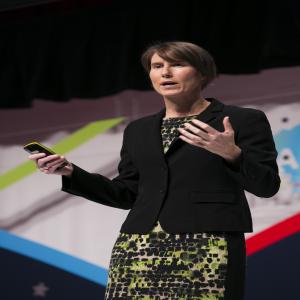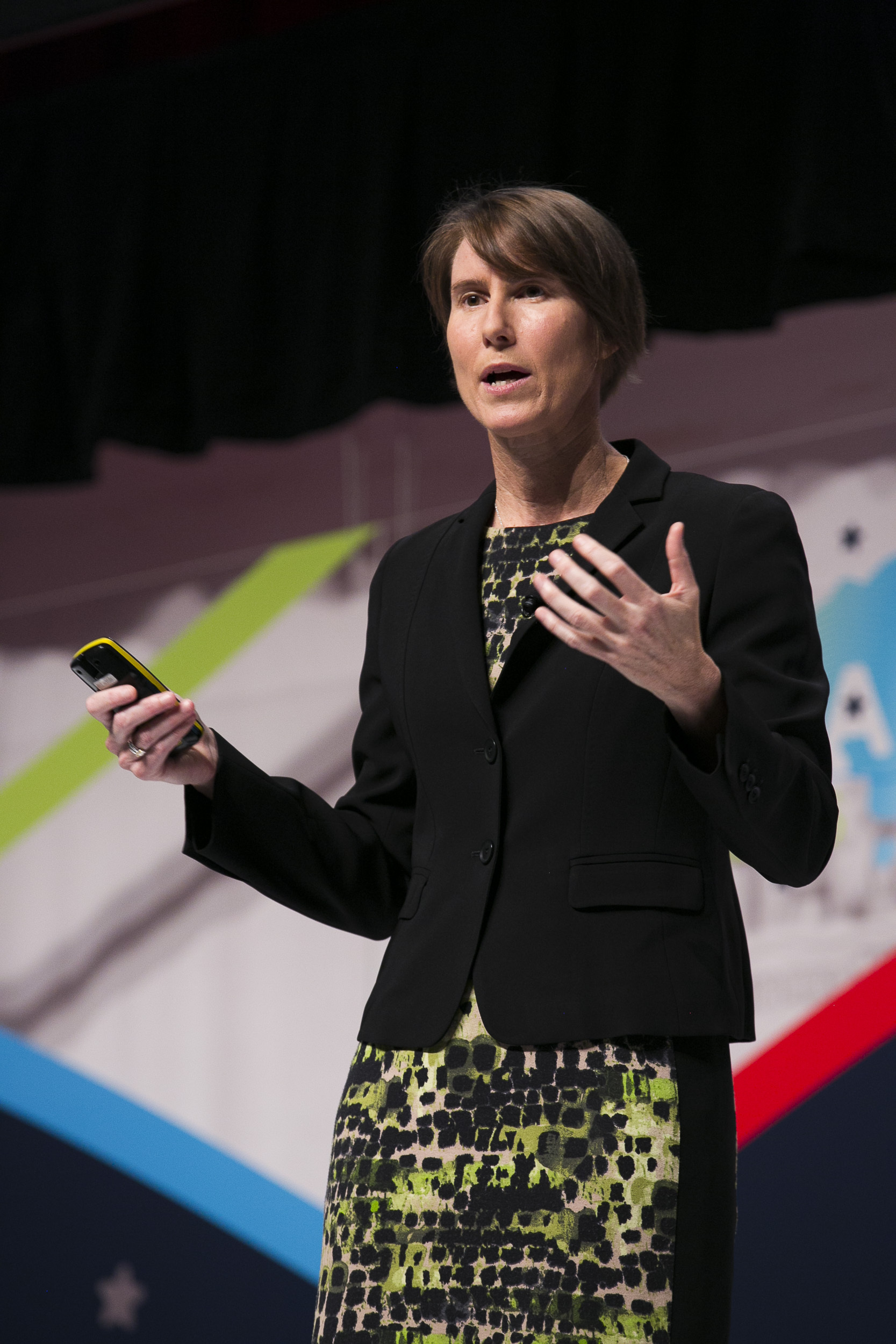Episodes

Sunday Dec 21, 2025
Sunday Dec 21, 2025
This episode explores a new Journal of Healthcare Simulation paper -
Human factors and translational simulation: misunderstandings and potential opportunities JOHS 2025 by Paul O’Connor, Dara Byrne, Angela O’Dea
The authors call for closer collaboration between human factors experts and simulation teams to directly improve patient care and health systems. Vic speaks with Dara Byrne, Paul O'Connor and Angela O'Dea to explain definitions, common misunderstandings, and practical examples — from device design and procedural kits to preparing new hospitals.
The key points: Translational simulation acts as a safe "lab" for systems testing, the importance of systems thinking and data, and practical steps to build sustainable multi‑disciplinary partnerships that produce measurable, real‑world improvements.

Monday Oct 27, 2025
Outreach Simulation: Measuring the impact on systems
Monday Oct 27, 2025
Monday Oct 27, 2025
Victoria Brazil interviews the STORK team about two linked papers describing how outreach simulation across regional Queensland used in-situ courses and a reporting framework to identify system-level problems in paediatric resuscitation and advocate for change.
The episode covers STORk’s flexible course model, the process of documenting and following up on issues, concrete results (242 issues identified with ~45% resolved at follow-up), and lessons about building trust, measuring impact, and using simulation for quality improvement.

Thursday Oct 02, 2025
How to Turn Reviewer Feedback into a Clear Decision Letter
Thursday Oct 02, 2025
Thursday Oct 02, 2025
Michaela Kolbe and Victoria Brazil, Senior Editors with Advances in Simulation, discuss how to synthesize reviewer comments into a clear, constructive decision letter.
They explain why a good decision letter matters, outline a stepwise approach—reading reviews and the manuscript, identifying 3–6 core revision themes, drafting a supportive and actionable letter, and using the SNAPP system—and give practical tips for managing revisions and when to call for editorial help.
They also answer FAQs on using AI for editing, writing reviews when reviewers are unavailable, requesting track changes, and avoiding unscripted meetings, all to speed the peer-review process and improve author guidance.

Tuesday Sep 30, 2025
A Developmental Stance for Editors: Growing Authors and the Field of Simulation
Tuesday Sep 30, 2025
Tuesday Sep 30, 2025
Editors Gabriel Reedy and Walter Eppich discuss adopting a developmental stance in editorial work: offering supportive, actionable, and evidence-based feedback to help authors improve manuscripts and to shape the growing field of simulation.
They outline practical practices for associate editors—using a constructive tone, clear rationale, concrete examples and references, and prioritizing the most important revisions—to make peer review a nurturing, developmental process.

Wednesday Aug 20, 2025
Simulcast at Sim Congress 2025
Wednesday Aug 20, 2025
Wednesday Aug 20, 2025
This episode of Simulcast — recorded at the Australasian Simulation Congress 2025 in Adelaide — explores two papers on simulated patients (SPs) and embedding simulation into health services. Vic talks with SP Patrick Frost, researcher Ellie Davies, and Adelaide Health Simulation director Adam Montagu about a co‑produced SP orientation resource, thematic findings from focus groups, and practical strategies for aligning simulation with clinical quality and governance.
Key themes include the unique craft and purpose of SPs, collaborative resource development, faculty development, governance and integration of simulation in healthcare, and reflections on future directions including AI and inclusive representation.

Wednesday Jun 18, 2025
The Visionary Behind Harvard Macy: Reflecting on Liz Armstrong's Legacy
Wednesday Jun 18, 2025
Wednesday Jun 18, 2025
In the final episode of our season celebrating the 30th anniversary of the Harvard Macy Institute, host Victoria Brazil engages in a profound conversation with Liz Armstrong, the visionary whose leadership and courage brought the Institute to life. Join us as we explore Liz's journey from being a professor at Harvard Medical School to leading the transformative Harvard Macy Institute. Liz shares insights into the Institute's origin story, her innovative approaches in medical education, and the challenges she faced in her pursuit of building a global community of educators. We explore into her personal style, her educational philosophy, and the strategic efforts in fostering collaboration across disciplines. Liz offers her perspective on the future of medical education, emphasizing the need for ongoing innovation and collaboration. This episode is a tribute to her remarkable contributions and a call to action for the work still to be done in the field of health professions education. Embark on this insightful journey and discover the lasting impact of Liz Armstrong's legacy.

Saturday Jun 07, 2025
Unlocking Healthcare Innovation: The Power of Translational Simulation
Saturday Jun 07, 2025
Saturday Jun 07, 2025
In this episode, we delve into the world of translational simulation and its impact on reshaping healthcare innovation. Our exploration begins with an overview of how this field allows for safe, simulated testing environments where changes to hospital layouts or surgical techniques can be trialled before real-world implementation. This innovative approach is not about replacing hands-on experience but about supplementing it to identify latent safety threats and enhance system effectiveness.
The conversation highlights several real-world applications that demonstrate the clear benefits of translational simulation. From improving response times for critical care situations to refining hospital staff's familiarity with new environments, the potential of these simulations to improve patient outcomes is immense. We also discuss the exciting future of the field, with advances in technology such as virtual reality enhancing simulation experiences.
Tackling the challenges of implementing these simulations, we emphasize the need for organizational buy-in and developing metrics to measure impact accurately. Finally, we consider the ethical implications, reinforcing the idea that the ultimate goal of translational simulation is to advance healthcare and ensure patient safety. Our deep dive culminates in envisioning a future where interdisciplinary collaboration through simulation leads to more efficient, effective, and patient-centred care systems.

Sunday Apr 27, 2025
Challenging Debriefing Norms in Healthcare Simulation
Sunday Apr 27, 2025
Sunday Apr 27, 2025
In this episode of Simulcast, the team explores the evolving landscape of healthcare simulation. Featuring a deep dive into current literature, the discussion begins with the paradigm shift from facilitator-led to self-led debriefings and examines the implications for simulation-based education. The conversation then navigates through the intricacies of team cognition, highlighting the importance of shared mental models for effective teamwork in clinical settings. Additionally, the episode delves into the philosophical realms of how cognitive simulations can impact participant immersion and engagement. Finally, the hosts tackle the challenges and potential of using pictograms and visual communication tools to enhance the clarity and accessibility of simulation-based education and research. Join us as we uncover how these cutting-edge approaches can transform the future of healthcare simulation.

Thursday Mar 20, 2025
Celebrating 200 Episodes of Simulcast: Reflections and Future Visions
Thursday Mar 20, 2025
Thursday Mar 20, 2025
In this special 200th episode of Simulcast, join host Victoria Brazil and the team as they reflect on their journey, sharing insights and highlights from over eight years of podcasting in the healthcare simulation field. The episode delves into how Simulcast has evolved, the community it has fostered, and its influence on healthcare simulation practices.
Through engaging conversations with Ben Symon, Jesse Spurr, and Jessica Stokes-Parrish, listeners are invited to explore the impact Simulcast has had in making simulation literature more accessible. The team discusses the connections they've built within the simulation community and their role in shaping the conversation around this vital healthcare tool.
Looking to the future, they contemplate what the next decade holds for healthcare simulation, considering both the achievements and the challenges. Tune in to reflect on the past, celebrate the present, and envision the future of simulation in healthcare together with the Simulcast team.

Thursday Mar 20, 2025
Simulcast JC March 2025
Thursday Mar 20, 2025
Thursday Mar 20, 2025
Join us for the March edition of the Simulcast Journal Club, hosted by Victoria Brazil and Ben Simon, where they explore innovative approaches in healthcare simulation. In this episode, they delve into a study on integrating electronic medical records into simulations, examining how this affects clinical realism and participant learning. They also discuss fascinating insights from a New Zealand-based study on reluctant participants in pediatric simulation training, shedding light on the challenges of engagement and anxiety in simulation settings.
Furthermore, discover the application of tabletop sandbox simulations for improving emergency department care coordination, revealing key adaptive strategies for handling complex and dynamic healthcare environments in Sweden. Lastly, delve into the world of simulated participant programs in Australia, with a focus on benchmarking and enhancing the quality of SP programs through a Delphi consensus study.

